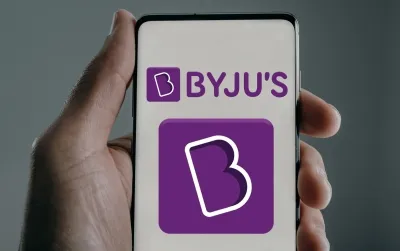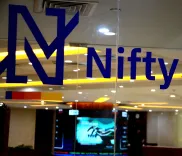Why Did NCLAT Dismiss Byju’s RP Petition on Aakash Shareholding?

Synopsis
In a significant legal decision, the NCLAT has decided against the Resolution Professional of Byju's parent company, TLPL, regarding Aakash's shareholding. This ruling highlights ongoing concerns about equity fundraising and stakeholder interests in the education sector.
Key Takeaways
- NCLAT dismisses TLPL’s plea regarding Aakash shareholding.
- The ruling emphasizes the importance of interim orders in legal proceedings.
- Stakeholder interests in education sectors remain a crucial concern.
- Equity fundraising activities are under scrutiny.
- Ongoing legal matters could impact Byju’s future strategies.
New Delhi, June 8 (NationPress) The National Company Law Appellate Tribunal (NCLAT) has rejected a petition submitted by the Resolution Professional (RP) of Think and Learn Private Limited (TLPL), the parent entity of the educational technology company Byju’s, contesting a previous directive from the National Company Law Tribunal (NCLT).
The NCLT had mandated that the shareholding structure of Aakash Educational Services must remain stable pending further hearings.
A two-judge panel of the NCLAT, consisting of Justice Sharad Kumar Sharma and Jatindranath Swain, noted that the NCLT's instruction was an interim order and seemed to be a “consensual” one.
As a result, the appellate tribunal deemed there was no necessity for intervention at this point.
“Given that the contested order is an interlocutory one that does not resolve the rights of the parties, along with the fact that it is a consenting order, there is no ground for this Tribunal to interfere in the exercise of its Appellate Jurisdiction at this stage,” stated the NCLAT.
The controversy stemmed from apprehensions regarding the equity fundraising efforts by Aakash Educational Services, in which TLPL possesses a 25 percent interest.
On March 27, the NCLT instructed all involved parties to preserve the status quo concerning Aakash's shareholding until the subsequent hearing.
The TLPL, via its Resolution Professional, subsequently contested this directive before the Chennai bench of the NCLAT.
Simultaneously, the matter escalated to the Karnataka High Court, which on April 8, annulled the NCLT's prior order and remanded the case back to the insolvency tribunal.
During the next NCLT session on April 30, the counsel for TLPL, senior advocate Abhinav Vasisht, expressed worries that TLPL’s stake in Aakash was being diminished and that significant assets were being hypothecated.
He also indicated that modifications had been made to the Articles of Association of Aakash, which previously safeguarded the interests of TLPL.
In light of the case's complexity and the imminent summer break, the NCLT issued a provisional ‘consent order’ on April 30.
This order specified that TLPL’s stake in Aakash should not be compromised until the tribunal could comprehensively hear the case.
Nevertheless, the TLPL once again contested this interim ruling, claiming their issues were not being adequately addressed.
After reviewing the appeal, the NCLAT concluded that the NCLT’s order was not conclusive and did not justify interference. Consequently, the appellate tribunal dismissed TLPL's appeal.









